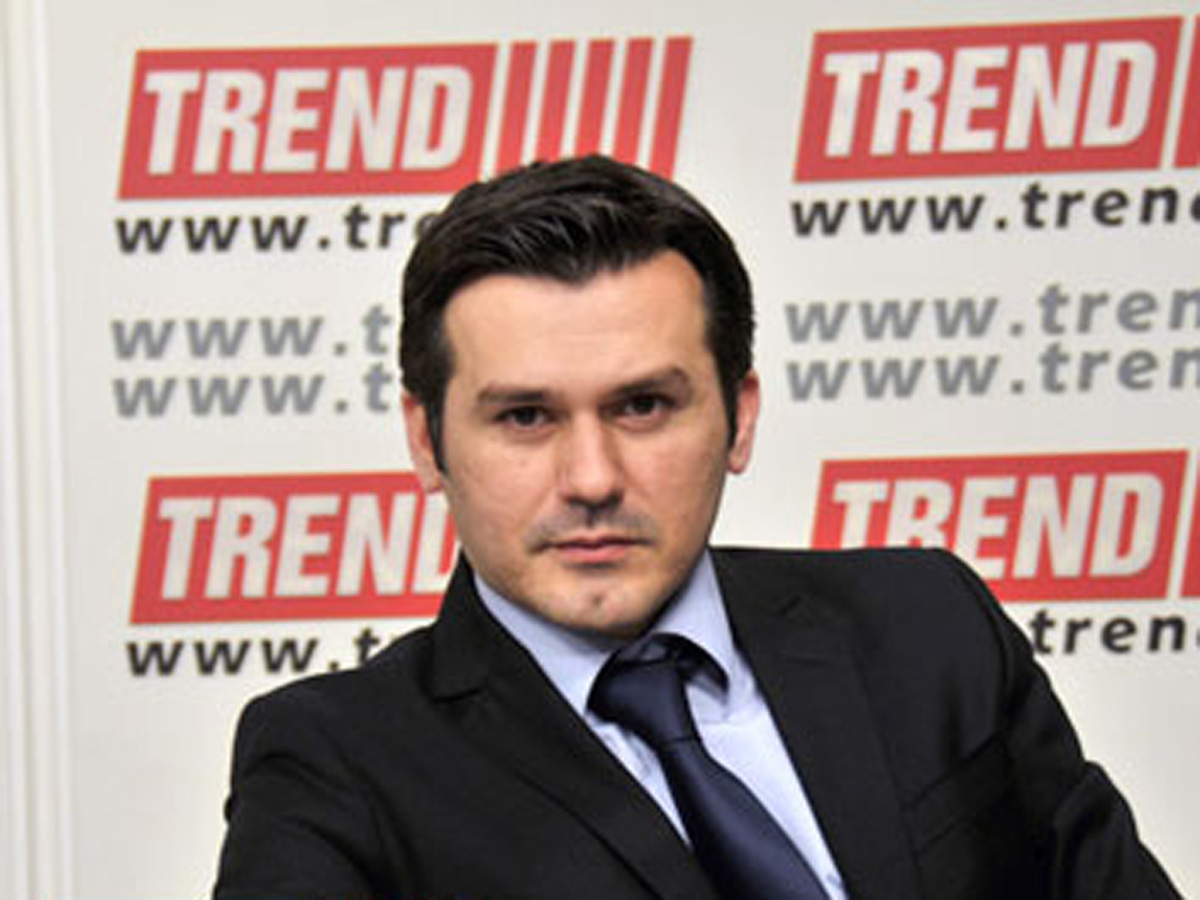ID :
359285
Fri, 03/06/2015 - 10:34
Auther :
Shortlink :
https://oananews.org//node/359285
The shortlink copeid
Battle for Mosul: Disagreements arise between allies

Baku, Azerbaijan, Mar. 5
By Rufiz Hafizoglu – Trend:
Although the Turkish army’s operation to relocate Suleiman Shah’s ashes in late February may have been assessed by several Turkish media as a shameful escape from Syria; it was rather a signal of a large-scale military operation against the “Islamic State” in Syria, as well as in Iraq.
On March 4, the Defense Minister of Iraq, Halit el-Ubeydi, during a meeting with his Turkish counterpart said the country's army will launch a military operation against the militants of the “Islamic State” in the strategic city of Mosul, the status of which remains controversial.
Iraq and the Iraqi administration Kurdistan have disagreements on the status of this city. Mosul’s status, according to the 2005 constitution, shall be determined in a referendum.
Iraq’s Defense Ministry said that for an attack on Mosul, exclusively Iraqi weapons would be used. But, nevertheless, earlier, two C-130 cargo aircraft of Turkish air force carrying military aid for Iraq, landed at the Al Muthanna Airport, some 20 kilometers east of Baghdad.
The Turkish military cargo was taken to Iraq as part of the fight against the “Islamic State”. While the date of the offensive on Mosul is still being kept a secret, it is possible that military operations against the “Islamic State” will begin in April.
The allies are expected to carry out aerial military operations, while the Kurdish Peshmerga forces and the Iraqi army will participate in ground operations.
Turkey, in turn, will provide logistical and financial support for the Iraqi army and the Peshmerga forces. It is also expected that in case of extreme necessity, Turkey will allow use of the Incirlik military air base, located in the country’s Adana province.
It is too early to say if the allies, in the battle for Mosul, will be able to completely destroy the militants of the “Islamic State”.
But carefully examining the situation, one can find that differences between the allies have emerged even before the start of the operation.
Apparently the Turkish armed forces trained the Peshmerga fighters.
Besides Peshmerga and the Iraqi army, there is the Kurdistan Workers’ Party (PKK) in the region.
The PKK is not subordinate to Iraq’s Kurdish administration and recently announced that it intends to participate in the battle for Mosul, which is not in the interests of Ankara and Erbil.
Participation of PKK militants in military operations against the ISIS suggests that each “ally” -Ankara, Baghdad and the Kurdish administration, has its own interests in the region.
United States, in turn, rely on Erbil, which has repeatedly stated about its intention to hold a referendum on independence of the autonomy.
At the same time, a member of the finance committee of the Kurdish autonomy Ali Hamasalih said that it is planned to use the US dollar for a certain time in the area in order to eliminate the dependence of Erbil from Iraq, and then its own currency - the Kura, which is going to be produced.
But there are other issues that remain unresolved as well, among them the safety of Iraqi Turkomans and the Shiite-Sunni issue.
The Iraqi army is mainly composed of Shia Muslims, and the population of Mosul is mostly Sunni. And it is worth noting that when the ISIS militants took control of Mosul, the population of the city and Sunni tribes welcomed them as a sign of victory over the Shiite Iraqi army.
This suggests that the battle for Mosul could become another impetus for furthering of Shia-Sunni conflict if the Iraqi army does not leave the city immeditely after its liberation. Not to mention, earlier, the emergence of Shiite people's volunteer corps in the strategic city of Kirkuk angered Peshmerge.
Sunni tribes and the local population of Mosul will still give preference to Peshmerge and local militia for further defense of the city.
In short, a referendum on the status of Mosul can be dispensed with.
Baghdadi – a “moderate commander of the faithful”
For now the “caliphate” continues to control a part of the Iraqi and Syrian territories, the population of which exceeds 10 million people, dissatisfaction with the way of governing grows among the supporters of the “caliphate”.
Recently, some of the radicals in Syria and Iraq announced that the leader of the “caliphate”, Baghdadi is being too moderate and tolerant with respect to the unfaithful ones and the people who do not pay “taxes” on time.
It is these groups that have already separated from “moderate” ISIS. This fact also suggests that a split is also growing among the militants. But this split will not contribute to weakening of the “caliphate”, as a purge is already being carried out in the ranks of the militants.
No matter how hard the allies try to destroy the “Islamic state” today, complete destruction is out of question given that each of them has its own objectives.
Edited by CN
Rufiz Hafizoglu is the head of Trend Agency's Arabic news service, follow him on Twitter: @rhafizoglu
Follow us on Twitter @TRENDNewsAgency





